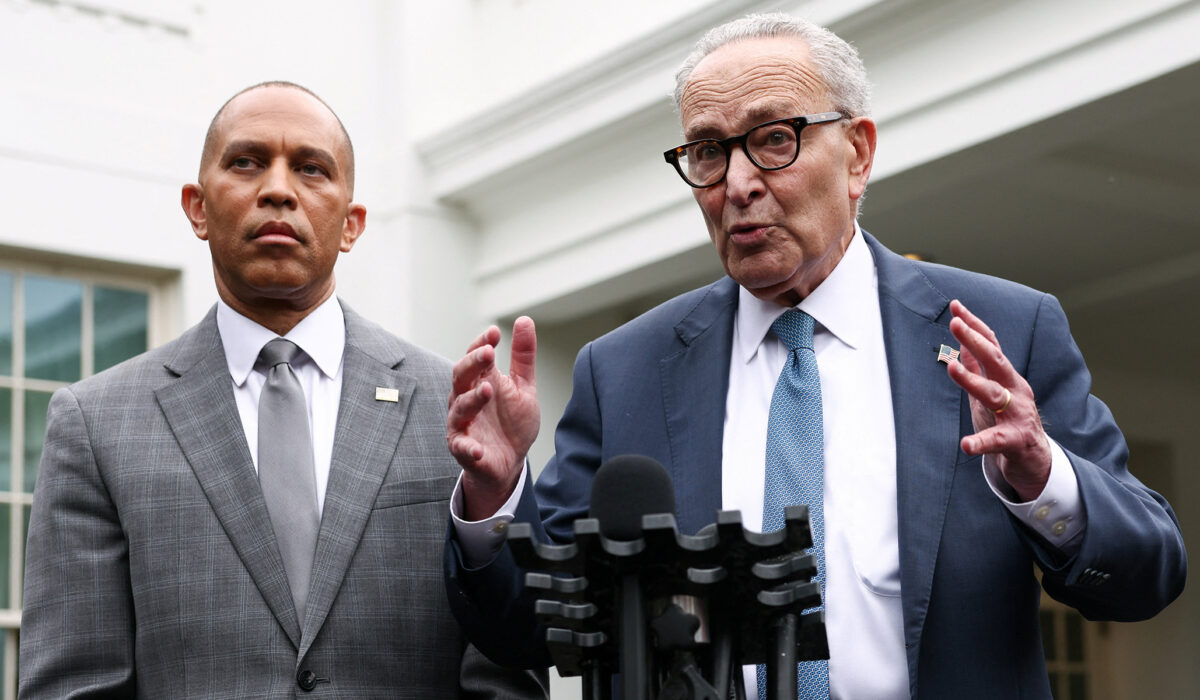Who Really Wanted the Shutdown?
People who voted against reopening the government, denounced the vote, and vow to fight on, were never against the shutdown. That line lands because it cuts through half-truths and political theater. Let’s be blunt about what happened and why it matters.
Some lawmakers staged a performance where opposition was loud and camera-ready but their actions told a different story. They voted in ways that kept shutdown pressures alive while publicly claiming moral outrage. Voters deserve clarity, not choreography.
The key fact is simple: votes speak louder than speeches. A vote to block reopening is a vote to keep the government closed regardless of the press release that follows. If you supported the posture of a shutdown, you own the consequences it imposed on families and federal workers.
Republicans pushed for responsible spending and targeted reforms, not chaos. That message was often drowned out by shouting on cable TV and carefully worded statements. The public can tell when political theater replaces problem solving.
People who run for office owe voters straightforward choices and honest consequences. Pretending to oppose a shutdown while enabling one is disingenuous and corrosive to trust. Accountability matters more than optics when livelihoods are on the line.
Federal workers and citizens felt real harm during that period, from delayed paychecks to interrupted services. Those are not abstract talking points. They are concrete problems that need solutions, not slogans.
Some defenders argue the shutdown was necessary to force negotiations on long-term spending priorities. That is a fair point to debate, but it cannot be divorced from the way votes were cast and statements were made. If the goal was negotiation, then votes should have reflected that strategy instead of prolonging gridlock.
Public opinion shifts when people see inconsistency between promises and actions. Voters remember when leaders say one thing and do another. Political survival depends on closing that gap, not widening it.
The posture of celebrating resistance while tolerating shutdowns creates a dangerous precedent. It teaches future lawmakers that spectacle is an effective substitute for compromise. That outcome would be bad for governance and worse for citizens who rely on steady services.
Lawmakers who claim moral high ground but vote to keep the government closed should answer for the consequences. Honest politics requires owning decisions and explaining trade-offs to the public. Avoiding that responsibility erodes confidence in institutions.
Responsible governance means making tough choices and then standing behind them. If the strategy was to force concessions, then the actors should say so plainly and take credit or blame for the results. Voters deserve leaders who explain the calculus rather than perform outrage on cue.
Ultimately, the debate over reopening versus shutdown is about priorities and tactics. The public wants effective leadership, not theater. Those who confuse posture with principle will find voters increasingly skeptical.

